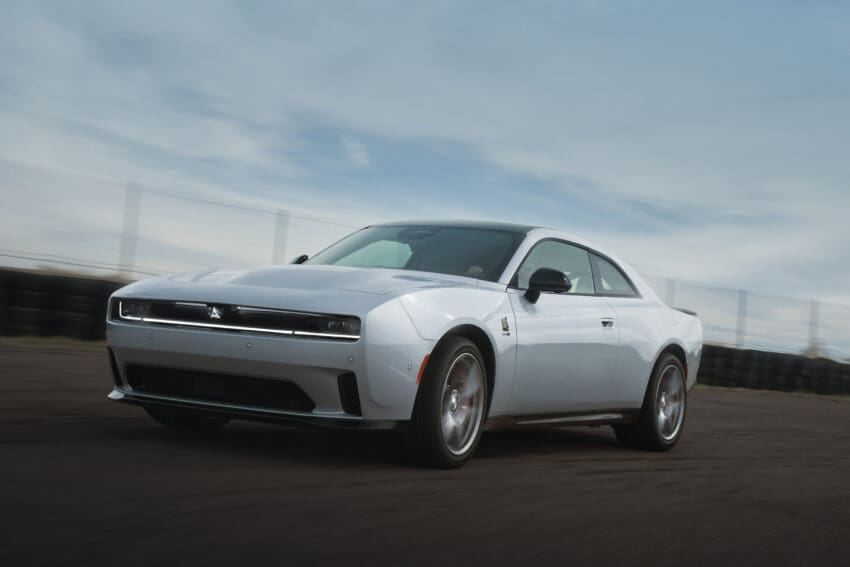
Stellantis reports solid state battery breakthrough
Stellantis has reported reaching a major landmark in its development of solid state batteries for its next generation of EVs.
The automotive giant has been working with Factorial Energy to produce commercially viable solid state batteries and says recent testing on full-sized packs has revealed new standards in energy density and charging speeds.
The latest FEST (Factorial Electrolyte System Technology) cells demonstrated energy density of 375Wh/kg in a 77kWh pack. In comparison, Tesla’s latest lithium-ion packs offer around 250Wh/kg. Testing has also shown the batteries can be charged from 15% to 90% in just 18 minutes. The fastest current batteries take a similar time to go from 20-80%.
Stellantis and Factorial also said that the newest cells have proven to be effective in more extreme temperatures – ranging from -30C to 45C.
“Reaching this level of performance reflects the strengths of our collaboration with Factorial,” said Ned Curic, Stellantis chief engineering and technology officer. “This breakthrough puts us at the forefront of the solid-state revolution, but we are not stopping there. We continue working together to push the boundaries and deliver even more advanced solutions, bringing us closer to lighter, more efficient batteries that reduce costs for our customers.”
Solid state batteries are seen as the next big thing in EV development, offering better durability, energy density and faster charging in smaller, lighter packs. They could open the door to smaller, lighter and cheaper EVs that offer performance similar to today’s flagship vehicles. However, scaling the technology up to the size needed for automotive use is proving challenging.
Several other major car makers are also working on solid state technology. Mercedes is also working with Factorial. Earlier this year the partners revealed a modified EQS running on a solid state battery and offering a range of more than 600 miles – more than 100 miles more than the current production EQS.
Volkswagen is working with QuantumScape on its own system and Nissan and Toyota both plan to have commercially viable solid state batteries ready by 2028.
Stellantis aims to have a fleet of solid state-powered test vehicles on the roads by 2026. Those will be next-generation Dodge Charger Daytonas, but the group has said that other cars based on its STLA Large platform will be able to benefit from the new technology. That includes SUVs and performance models from Maserati, Alfa Romeo, Jeep and Chrysler.